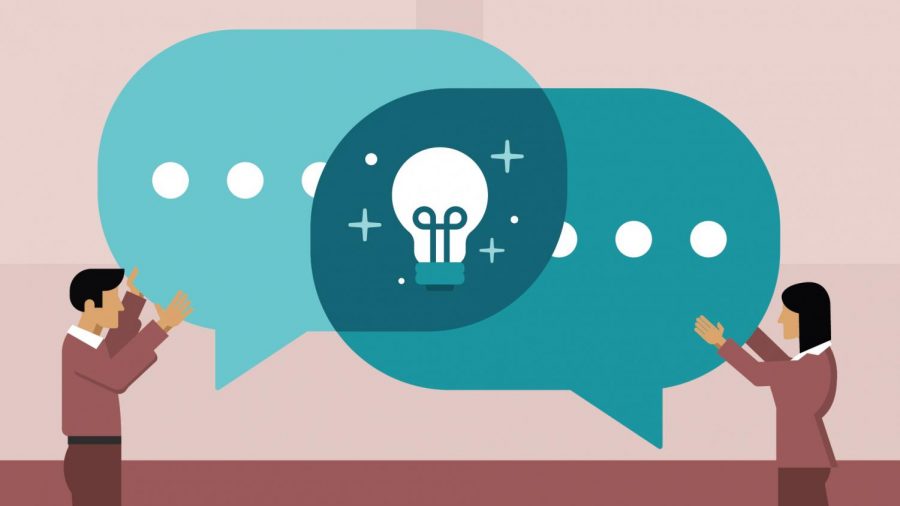How To Communicate Part II
“When I was a kid, music was actually decent. It made sense,”states a 69 year old grandmother.
A sharp reply from a teenager: “ We have good music, it’s just different.”
It is an undisputed fact that the way individuals communicate in this day and age has certainly evolved from earlier time periods. Our differing perceptions of the world, adoption of new cultures and slang as well as periods of dramatic social change are all to blame for this shift. Yet the question persists, how has our communication changed?
SPEAKING
It is easy for an adult to say that in earlier times children were much more respectful, yet there was also a general acknowledgement that failure to exhibit submission meant bodily harm. I’m not saying this was abusive, but it was surely an influential factor in the behavior of children. The notions of rights for everyone has trickled down to youths who have become fearless in the face of authority as a result.
Speaking from a bubble in Albany, slang has changed the way we interpret one another, making itself its own form of communicating. The inability to understand it is the difference between being able to follow an entire conversation or being completely lost.
Dating back to primitive times (when it was believed that sound, not the formation of actual words, was used to communicate), we can surely say we have come a long way, with the presence of complex vocabulary requiring books such as the well known dictionary to help define such a selection of words. The all-too-popular Internet has even transferred to daily conversations with the implication of acronyms such as : “LOL” and “TTYL” as expressed by Kaplan International.
MUSIC AND DANCE
From the beating of drums, to the baroque era of classical music, to the scat of Ella Fitzgerald and all the way to the rapping styles of artists such as Tupac Shakur, music has most surely changed.
Music has always been a form of expression, and such expression has always been influenced by what it around us. This goes back to the formation of blues as a result of the Great Depression or the interconnections between poetry and rap.
There is such a variety of genres there is no way to even list them all, and with each change society has be quick to suppress it because it is not respectable, or deemed “good music”. It is so easy to get caught up in this thinking. Certainly, a majority of teenagers reading this article would find that classical music is boring, yet its composition is a hallmark of how we look at music today, and would be appreciated by an older adult. Vice versa with the pop and rap music; while explicit or borderline redundancy may make sense to our younger generations, it is not something indicative of our desire to rebel.
Music is such a complex and phenomenal aspect of life in that it will never cease to exist and always continues to change, but this change is never something we can judge because we all have different means of expressing ourselves.
Dance has a similar effect. According to Science Direct, “dance has representational properties that rely on the dancer’s ability to imitate particular people, animals, and events as well as the audience’s ability to recognize those correspondents.” With each change, dance has been harshly criticized over what is “proper”. Yet one factor has remained constant: its ability to sway a person’s emotions, to tell a story, to confront a societal issue and so forth.
TECHNOLOGY
Technology is an all-too-common phrase, our understanding of this word alone has meant something new to each generation. It might have included a letter, the radio, a pigeon carrying a piece of paper, a TV, or even something as simple as a shout out.
Now, however, when I hear the word technology, my mind reverts to social media, cellular devices, and the list continues. As our means to communicate has changed, as has the way we do so. Social media has taken over as a platform to tell the world your issues, as opposed to disclosing to a close friend. It has subtly encroached on the way we behave, as the recording of one false step or one wrong tweet can destroy a life. It has provided a new means to attack one another in the form of cyberbullying- not even a term until the twenty first century. It has eroded our desire to enjoy the company of those in front of us and rather watch a snapchat story. On the latest iPhone, there is now an app monitoring screen time because our immersion has become a silent revolution.
With all this knowledge about the evolution of our communication the new question becomes: “Is it good?” Well, that is an answer you are going to have to decide…


